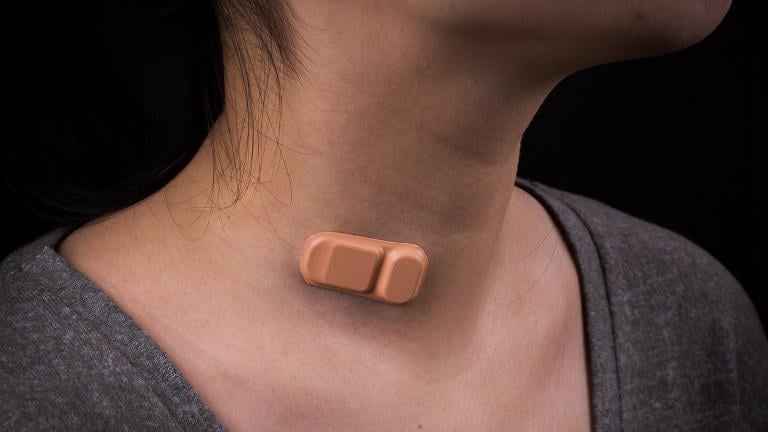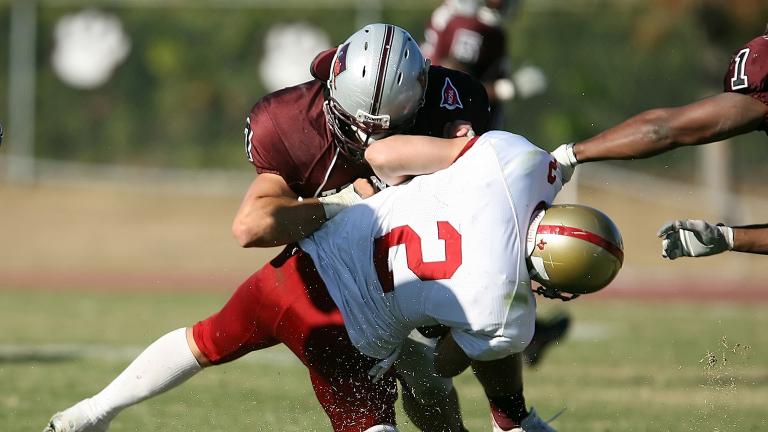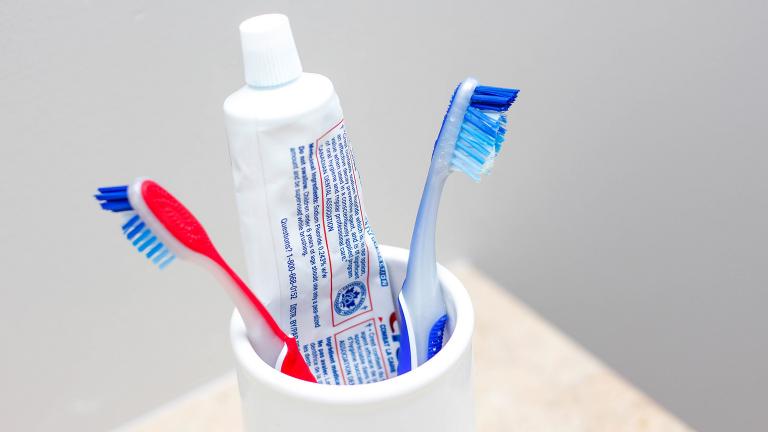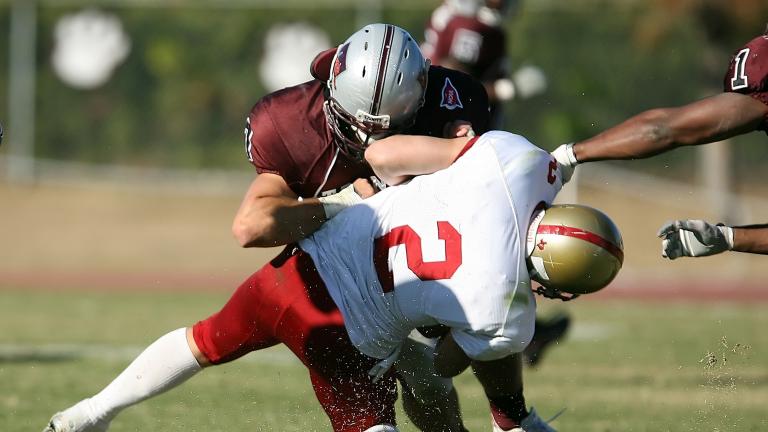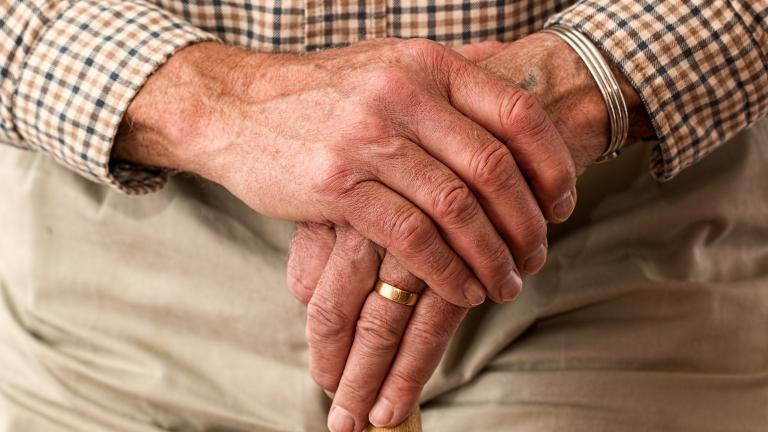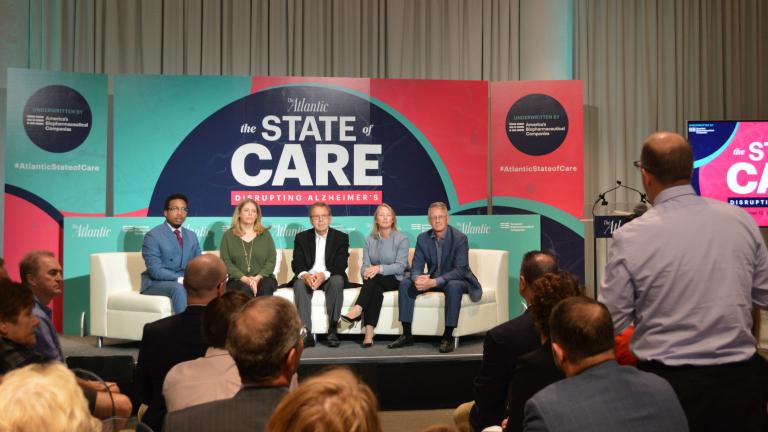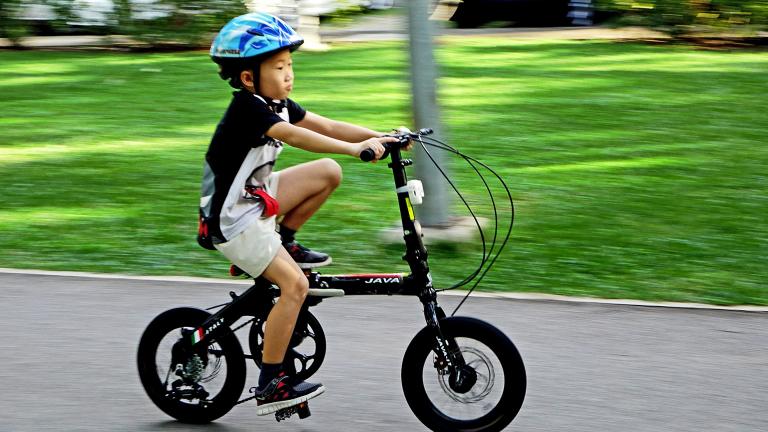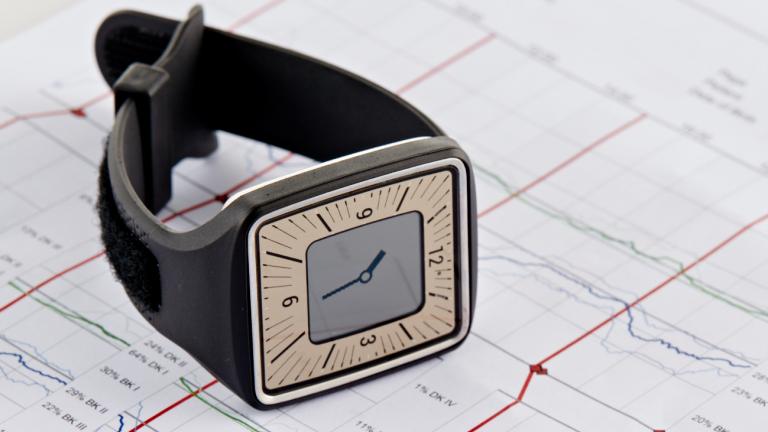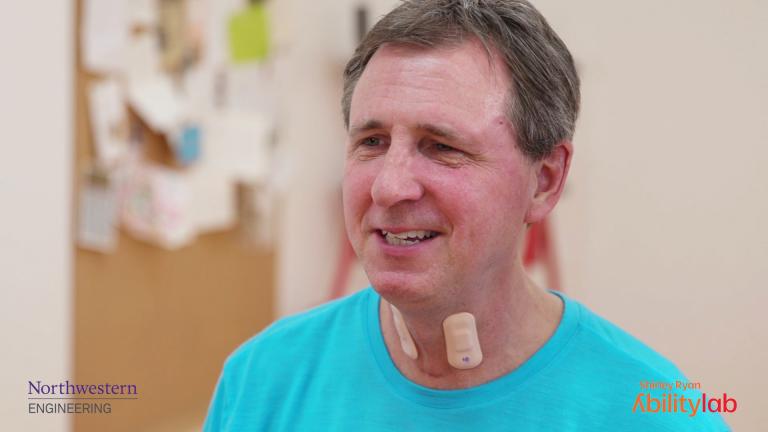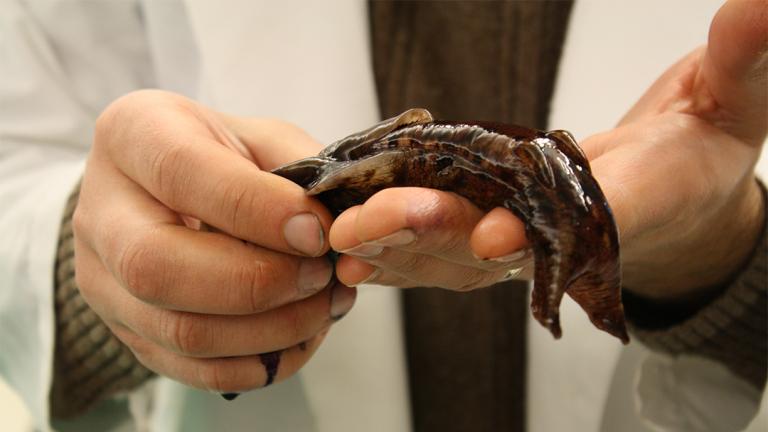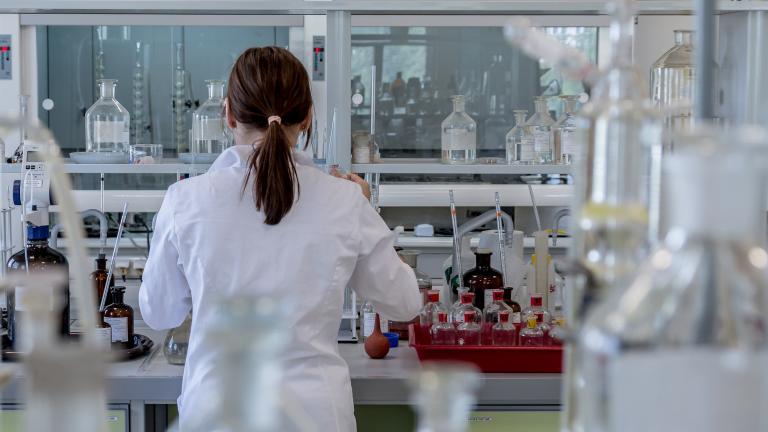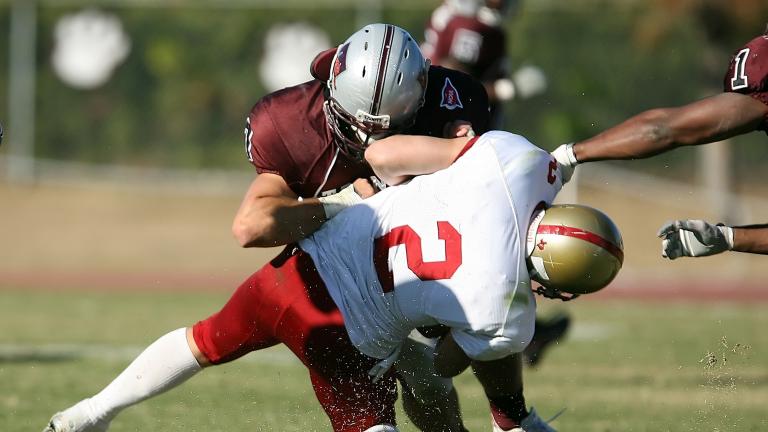A new study links higher levels of key nutrients associated with the Mediterranean diet to more efficient brain connectivity and performance on cognitive tests in older adults.
neurology
More than 1 million Americans live with brain shunts and the constant threat of their failure, which can be fatal. A new, noninvasive skin sensor can detect whether a shunt is working in minutes.
A gene associated with the learning disorder dyslexia may make some athletes less susceptible to concussions, according to a new study by Northwestern Medicine and Penn State University.
A common but preventable gum infection may facilitate the onset of Alzheimer’s disease, according to a new study by the University of Illinois at Chicago.
Research conducted by auditory neuroscientists at Northwestern University reveals that studying how the brain processes sound could provide an objective way to diagnose concussions.
In the last two decades, only four drugs have been approved to treat Alzheimer’s symptoms, according to a new report. “I’m very optimistic that within 10 years we’ll have a breakthrough,” said Dr. Doug Williamson of biopharmaceutical company Lundebeck.
Despite the prevalence of Alzheimer’s disease, researchers, caregivers and advocates are optimistic about the future. “I see a treatment, it’s going to happen,” said William Klein, a professor at Northwestern University.
New guidelines recommend youth who have experienced a concussion return to non-sports activities sooner than previously advised because it can aid in the recovery process.
Treating the progressive degenerative disease can be difficult. Researchers are hoping a wearable device can provide clinicians with more objective data to inform their treatment decisions.
The adage, “early to bed early to rise makes a man healthy, wealthy and wise,” takes on new meaning thanks to research by scientists in Chicago and England.
While inpatient settings help stroke victims recover, their progress tends to decline when they return home. Researchers are hoping that a new breed of wearable electronics could curb that drop-off in recovery.
Two Chicago-area researchers have uncovered what they think is the first piece of physical evidence showing that forgotten memories could still live on inside our brains.
Bill Bucklew walked more than 2,500 miles across the country in two months to raise funds and awareness for Parkinson’s disease. “I have a whole range of emotions right now,” he said upon walking his final mile.
Football players are often thought of as modern-day gladiators, but even the most hard-headed linebacker has nothing on the woodpecker, at least when it comes to sustaining blows to the noggin.
Men are less likely to develop multiple sclerosis than women, and now scientists have a better understanding as to why that is, thanks to the discovery of a “guardian molecule” by Northwestern University scientists.
Nearly seven years after former Chicago Bears safety Dave Duerson took his own life, a bill bearing his name will aim to prevent the disease that is believed to have led to his suicide.


